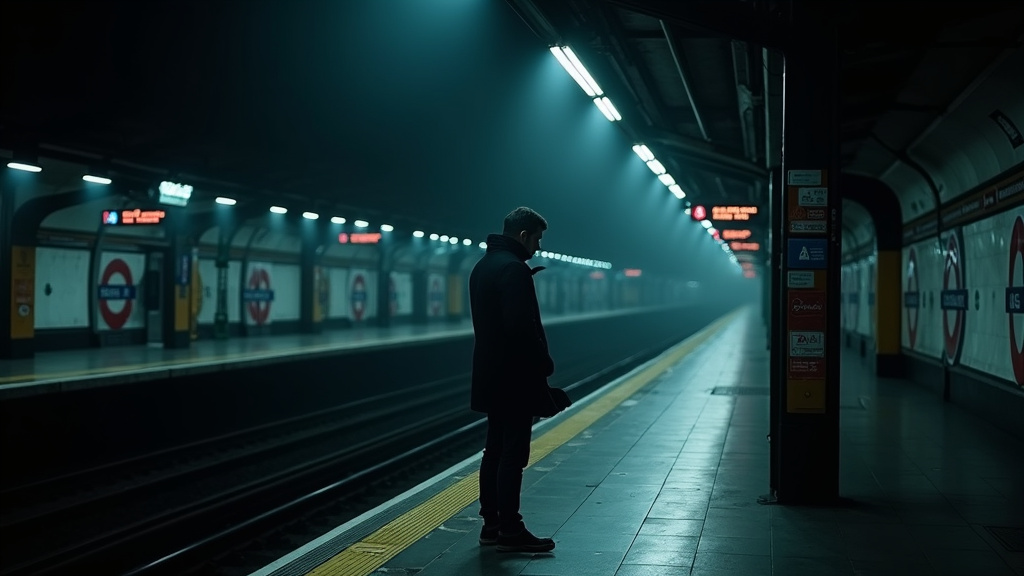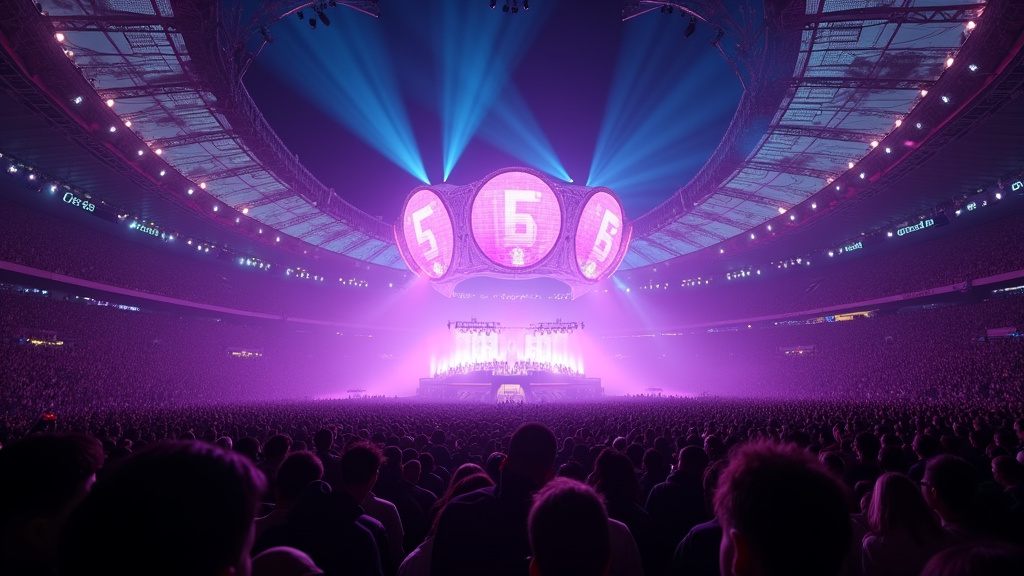Millions of Londoners are bracing for significant travel disruption as London Underground workers, represented by the Rail, Maritime and Transport (RMT) union, commence a five-day strike. The industrial action, which began on Sunday, September 7, and is set to continue through Thursday, September 11, 2025, threatens to bring the capital’s vital transport network to a near standstill.
Core of the Dispute: Pay and Working Conditions
The strike action stems from a long-running dispute between the RMT union and Transport for London (TfL) over pay and working conditions. TfL has put forward a pay rise offer of 3.4%, which it describes as fair and in line with inflation. However, the RMT is demanding a reduction in the standard 35-hour working week to 32 hours, alongside better fatigue management and fairer shift patterns.
The RMT argues that current working conditions, coupled with a reduction of approximately 2,000 staff since 2018, are leading to increased fatigue and potential health issues among its members. Union leaders state that TfL management has been intransigent, refusing to seriously consider their demands for a shorter working week, which they believe is affordable given TfL’s reported surplus.
Widespread Disruption and Impact
Transport for London has warned of minimal to no service on most London Underground lines for the duration of the strike. Specific service levels vary by day, with limited services expected on Sunday, September 7, and a near-total shutdown anticipated from Monday, September 8, to Thursday, September 11. Services that do run are expected to finish earlier than usual, with customers advised to complete journeys by 6 pm on some days and no services before 8 am on others.
Additionally, Docklands Light Railway (DLR) services will be significantly impacted, with no service expected on Tuesday, September 9, and Thursday, September 11, due to a separate but related dispute.
The economic impact of the strike is projected to be substantial, with estimates suggesting a direct cost of over £230 million to London’s economy. This figure accounts for lost productivity and reduced consumer spending, with businesses in central London, particularly retailers and hospitality venues, expected to suffer a noticeable decline in customers.
Events and Alternative Travel
The widespread transport chaos has already led to the postponement of major events. Two Post Malone concerts scheduled for September 7 and 8 at Tottenham Hotspur Stadium were rescheduled to September 20 and 21, as it was deemed impossible to safely transport attendees without a functioning Tube service. Coldplay also had to reschedule two of their Wembley Stadium shows due to similar transport concerns.
Commuters and travellers are being advised to seek alternative transport methods. London Underground recommends using TfL’s journey planner or apps like Citymapper, allowing extra time for journeys. Cycling and walking are also encouraged. Other public transport, such as the Elizabeth line, London Overground, and buses, are expected to operate but are likely to be extremely busy and may experience delays.
Background and Future Outlook
This is not the first time the RMT union has engaged in strike action over pay and conditions on the London Underground; the network has historically been prone to industrial disputes. Talks have reportedly broken down multiple times in the lead-up to this action, with TfL urging the RMT to allow its members to vote on the proposed 3.4% pay rise. While TfL maintains that a reduction in working hours is unaffordable, costing hundreds of millions of pounds, the union insists on it as a key demand. TfL’s Chief Operating Officer, Claire Mann, has appealed for the strikes to be called off, stating that it is not too late to reach an agreement.
The union, however, remains firm in its stance, emphasizing the need to address fatigue and working conditions for its members. The industrial action is scheduled to continue, bringing significant challenges for millions of Londoners throughout the week.





